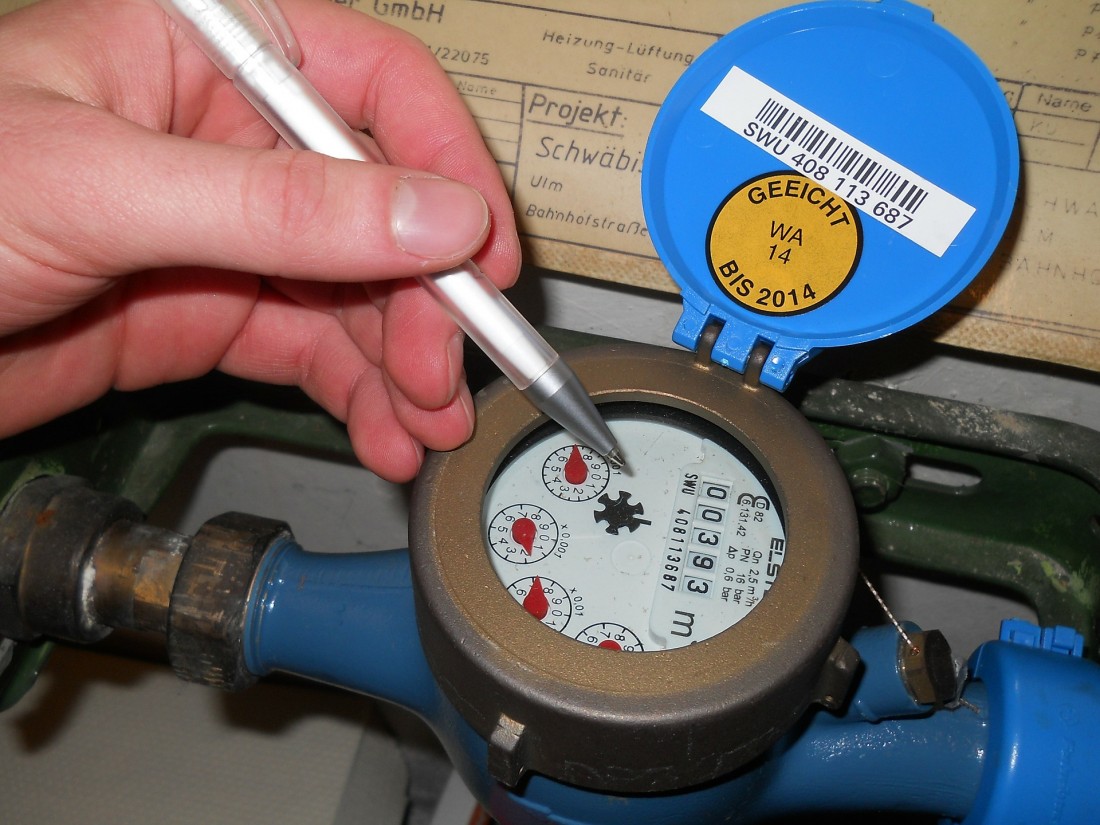Detecting hidden water leaks in your plumbing system not only save you money, it can also prevent potential disaster down the road.
How can you find these pesky leaks without tearing into the walls or concrete slab?
 Check the water meter
Check the water meter
One of the easiest way to tell if your home has a water leak is to check the water meter. Do this by turning off all the water using appliances, make sure the washing machine, dishwasher, and faucets are off. Go outside and look at the water meter, if it is registering, there is a good chance you have a water leak. Check back in a couple of hours, just make sure all the water stays off. If the meter changed, you probably have a small water leak on your hands.
Keep an eye on your water usage
On average a family of four should use less than 12,000 gallons of water a month, that's about 3,000 per person, according to the U.S. Environmental Protection Agency. If your family is using more than this, there may be a serious leak in your plumbing.
Monitor your water bill
It is easy to go on-line and check your water bill. Check previous months, if you notice a steady increase, while your water usage hasn’t changed, the culprit may be a water leak.
Use some food coloring
Toilets make up a good percent of water used in a home, it is a good idea to test it for leaks. Just add a few drops of food coloring to the tank of the toilet, wait a few minutes, if the color shows up in the toilet bowl, you have a water leak.
Don’t forget to check outside
Check the spigots, hoses, and irrigation system. Just a pinhole leak can account for 6,300 gallons of wasted water a month.
Be vigilant
Routinely check under the cabinets and basins for leaks, moisture, mold, and foul odors. Prompt attention can save you a ton of money in repairs. If your home is older than 20 years, your plumbing may be reaching its life expectancy.
Since most water pipes are located underground and behind walls, it can make detecting water leaks difficult. It is worth the investment to have a professional water leak detection service to inspect your home.
If you suspect a water leak in your home, contact the Leak Doctor for quick and accurate detection.

